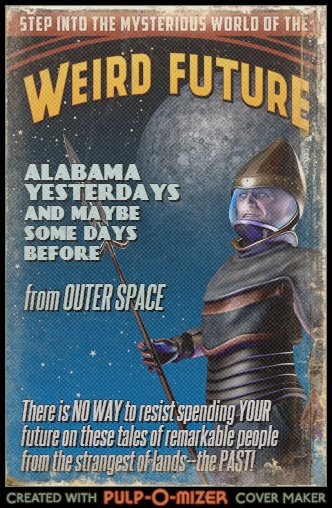I've done a blog post on Siluria native Cathy O'Donnell [born Ann M. Steely] in my series on film actresses from Alabama whose careers began before 1960. You can read that post for details on her life and work in both film and television. She had roles in a number of major films including The Best Years of Our Lives, Detective Story, The Man from Laramie and Ben Hur. Many film noir fans [and we are legion] have long admired her performance alongside Farley Granger in the classic They Live by Night.
Among her television roles was one appearance on Perry Mason, in "The Case of the Fickle Fortune." I happened to watch it recently and took some screen shots as the episode progressed. O'Donnell plays county employee Norma Brooks in love with a con man who has used her once, and returns to do it again.
As usual, this Perry Mason case is deliciously complicated. I'll let a commentator on the IMDB page for the episode set the stage:
"County tax man Ralph Duncan inventories a house after the owner died intestate. While there a woman stops by to question him about some items saying she had been the owner's maid. He finds a cache of old greenbacks, "shin plasters," worth $153,000. When he arrives home to show his wife Helen and cousin, Charlie Nickles, the surprising find, the money is gone. Unknown to Duncan, Nickles has the money and fences it to Lloyd Farrell, an import/export merchant. Farrell turns to another county employee, Norma Brooks, to find elderly, infirm Josiah Ames, who is near death. Farrell plants $148,000 of the money in Ames' effects, which are bequeathed to his accountant, Albert Keller. Upon seeing the story in the newspaper, Duncan consults Perry Mason, who speaks with Keller. After a woman calls Duncan he visits Farrell who he finds dead. Duncan is leaving the house as the police arrive so Duncan is arrested."
Got that?
Farrell cons poor Norma into planting the big bucks at Ames' house and convincing the old man to write the will naming his accountant as beneficiary.
More comments are below. If you are so inclined, you can read a lot of minutiae about this episode here.
Several veteran actors also appeared in this episode. Vaughn Taylor, who played Mason's client Ralph Duncan, had a long career from the 1930's into the 1970's. He was a familiar face on television in the 1950's and 1960's. Also familiar was the actress who played Helen Duncan, Virginia Christine. She appeared in roles from the 1940s until 1979, often on television. She is probably best remembered as Mrs. Olson in a long running series of commercials for Folger's Coffee.
The Boston Globe profiled O'Donnell early in her career in a December 17, 1946 issue
Source: Newspapers.com
The Birmingham News profiled O'Donnell in a Sunday feature for the February 27, 1955, issue
Source: Newspapers.com



















































